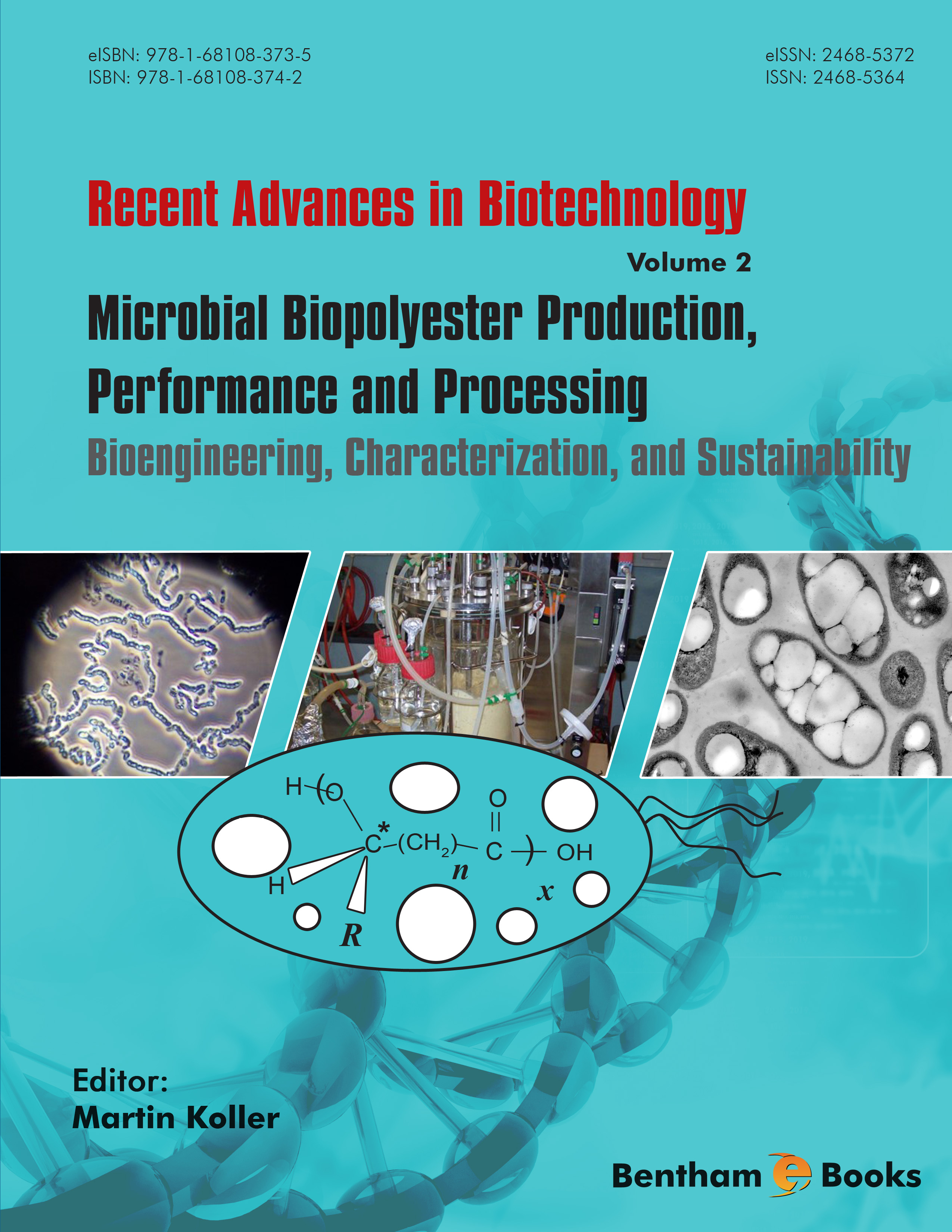Introduction
Global plastic production is estimated to be over 300Mt annually. Most conventional plastics are predominantly produced from fossil fuels and are highly resistant to biodegradation, and only a small share of about 20% of spent plastics is believed to be recycled, which is a cause for environmental concern. Biodegradable plastics would solve this concern as they are a sustainable alternative, yet these do not even cover 5% of the global plastic market.
Microbial polyhydroxyalkanoates (PHAs) are a versatile group of polyesters produced by nature as prokaryotic storage materials. PHAs can be produced through sustainable bioprocess engineering and have displayed remarkable flexibility in their physical and chemical properties.
Understanding key steps in bioprocessing systems is necessary to develop sustainable and efficient production processes. These processes start with the selection of suitable inexpensive raw materials (microbes and enzymes), optimizing the process engineering and process regime, and conclude with the enhancement of product recovery in terms of time, energy, and material input.
Microbial Biopolyester Production, Performance and Processing: Bioengineering, Characterization, and Sustainability
is a compilation of eight chapters covering bacterial polyesters, green plastics and PHAs from various angles. The contents of this volume focus on the sustainability of processes that involve the synthesis and recycling of these materials. The volume is a timely reference for bioprocess engineers, microbiologists, biotechnologists and chemical engineers interested in the basics of biodegradable plastic production.

